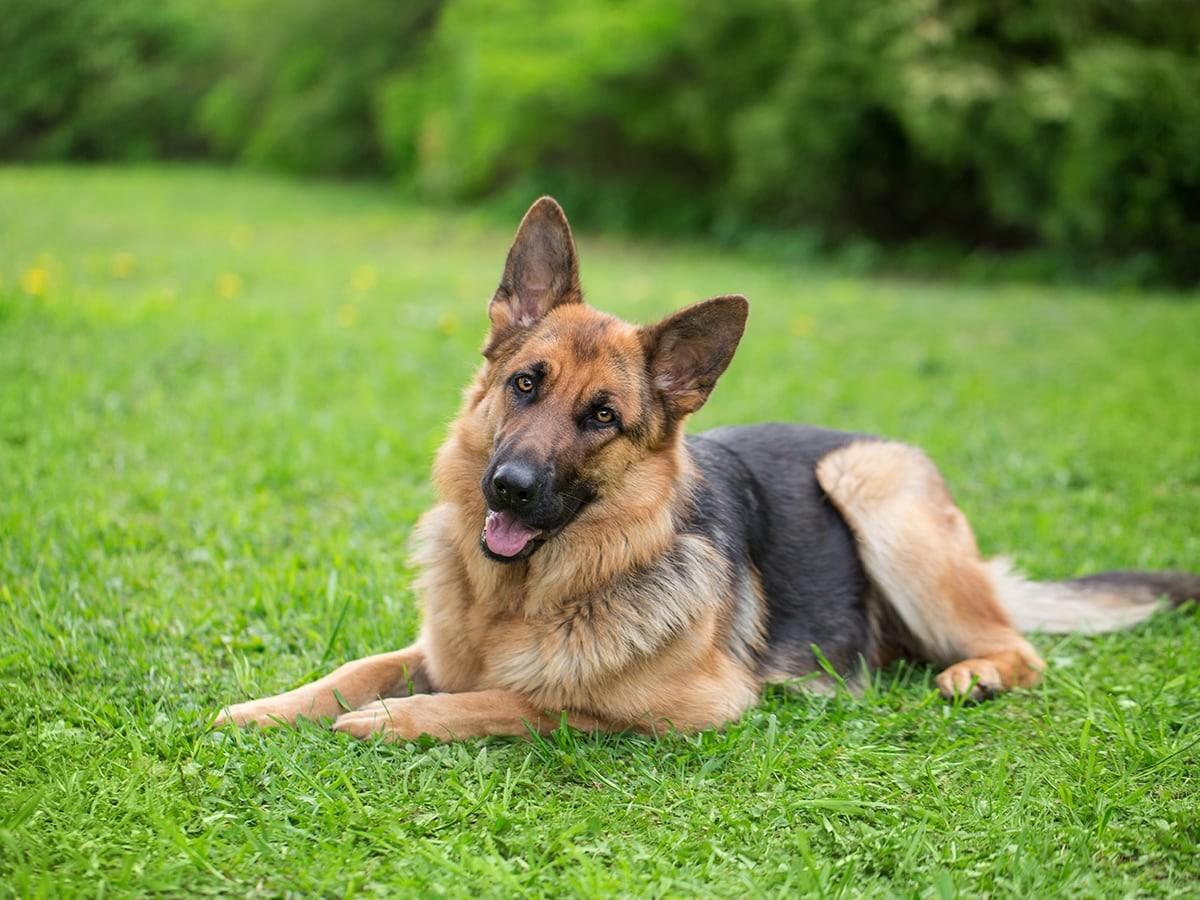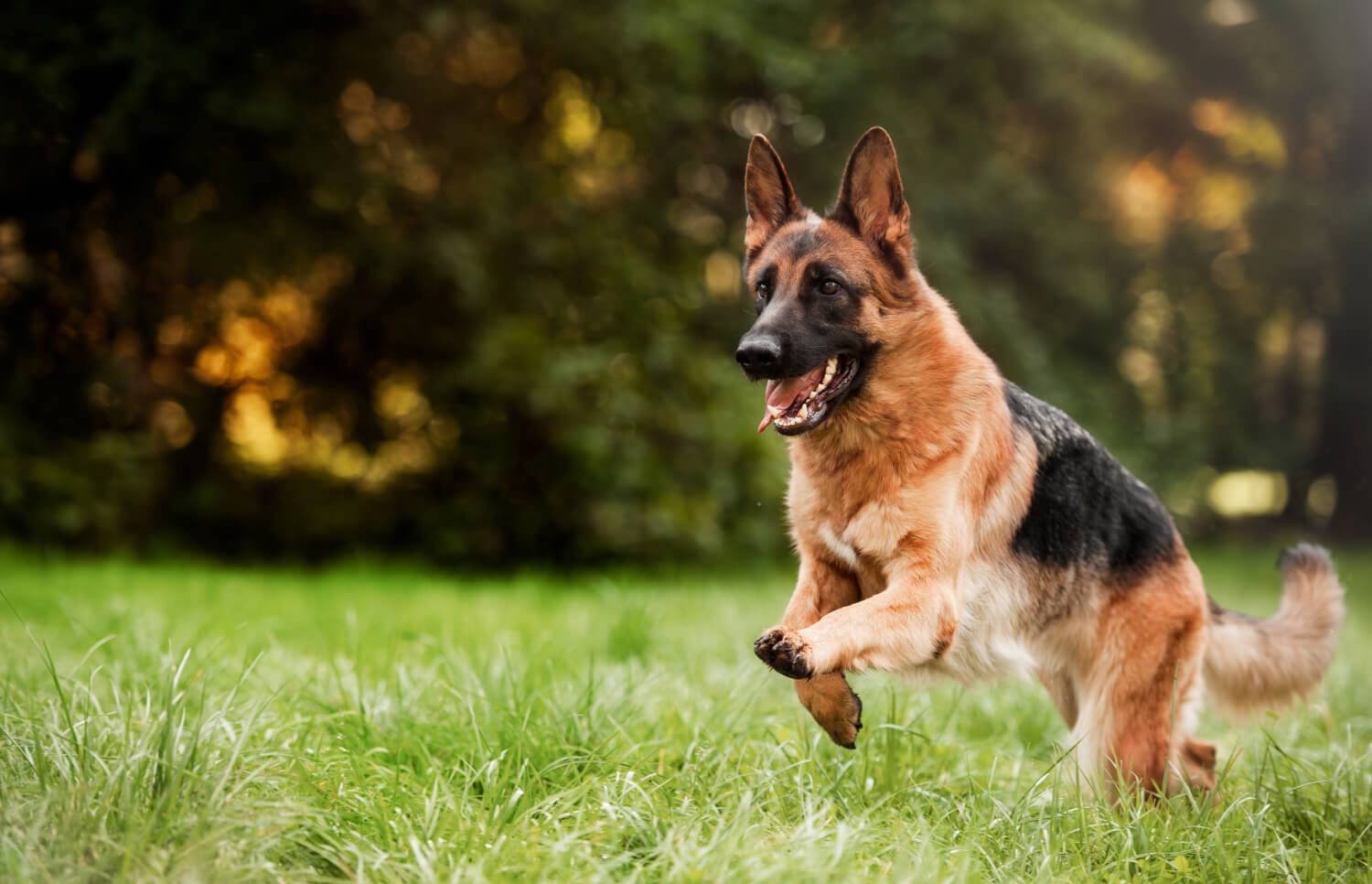
German Shepherd Bloating Risks: What Owners Need to Know
Share
As a health-conscious pet owner, understanding the German Shepherd bloating risks is crucial to ensuring your furry friend's well-being. Bloating, also known as Gastric Dilatation-Volvulus (GDV), is a serious condition that can affect your dog, particularly large breeds like German Shepherds. It's essential to recognize the symptoms and take preventive measures to protect your canine companion.
This article will delve into the different aspects of bloating in German Shepherds, helping you recognize the signs, understand the causes, and learn how to prevent this potentially life-threatening condition. Early detection and prompt medical intervention are key to minimizing the risks associated with bloating.

What is Bloating in Dogs?
Bloating, or GDV, is a condition where the dog's stomach fills with gas and twists on itself, cutting off blood supply and leading to a medical emergency. This condition requires immediate veterinary attention. According to experts, GDV can develop rapidly and can be fatal if not treated promptly.
Causes of Bloating in German Shepherds
Several factors contribute to the increased risk of bloating in German Shepherds. These include:
Genetic Predisposition
Genetics play a significant role in a dog's susceptibility to bloating. German Shepherds are more prone to GDV compared to smaller breeds due to their deep-chested anatomy. If your dog's lineage includes relatives with a history of GDV, it's wise to remain vigilant.
Diet and Eating Habits
How and what your German Shepherd eats can impact their risk of bloating. Feeding large meals once a day, eating quickly, or consuming food high in fat or carbohydrates can increase the likelihood of GDV. Consider dividing their meals into smaller portions and using a slow-feeder bowl to reduce the risk.
Stress Levels
Stress is another factor that can trigger bloating in dogs. Stressful situations, such as separation anxiety, can increase the risk of GDV. For helpful tips on managing anxiety, you might find this German Shepherd anxiety solution article useful.
Recognizing the Symptoms of Bloating
Identifying the signs of bloating early is vital in getting your dog the help they need. Symptoms of GDV include:
- Swollen or distended abdomen
- Unsuccessful attempts to vomit
- Excessive drooling
- Restlessness or pacing
- Rapid breathing or panting
- Weakness or collapse
If you notice any of these symptoms, seek veterinary assistance immediately. Delaying treatment can result in severe complications or even death.
Preventive Measures for German Shepherd Bloating
While it's impossible to eliminate the risk of bloating entirely, there are several preventive measures you can take to protect your German Shepherd:
Feeding Strategies
Implementing smart feeding strategies can reduce the risk of GDV. Consider feeding your dog smaller meals multiple times a day, instead of one large meal. Using a slow-feeder bowl can also help curb rapid eating habits. For more feeding tips, you may read this German Shepherd feeding guide.
Exercise Routine
Avoid vigorous exercise immediately before or after meals. Give your German Shepherd time to digest before engaging in physical activity. This will help prevent the stomach from twisting as a result of physical exertion.
Reduce Stress
Minimizing stress is crucial in preventing bloating. Create a calm and comfortable environment for your pet. If you're considering adopting another dog to keep your German Shepherd company, check out this adopting tips for more information.

Frequently Asked Questions
What are the first signs of bloating in German Shepherds?
The first signs of bloating in German Shepherds include a distended abdomen, unsuccessful attempts to vomit, excessive drooling, and restlessness. If you observe these symptoms, contact your veterinarian immediately.
Can bloating be fatal for German Shepherds?
Yes, bloating or GDV can be fatal if not treated promptly. It is a medical emergency that requires immediate veterinary intervention to save the dog's life.
How can I prevent my German Shepherd from developing bloating?
Preventive measures include feeding smaller, more frequent meals, using slow-feeder bowls, avoiding vigorous exercise around mealtimes, and reducing stress levels. Keeping these practices in mind can help minimize the risk of GDV.
For additional information on German Shepherds, their health, and care, you can refer to Petfinder's guide on German Shepherds.
This article contains affiliate links. We may earn a commission at no extra cost to you.
